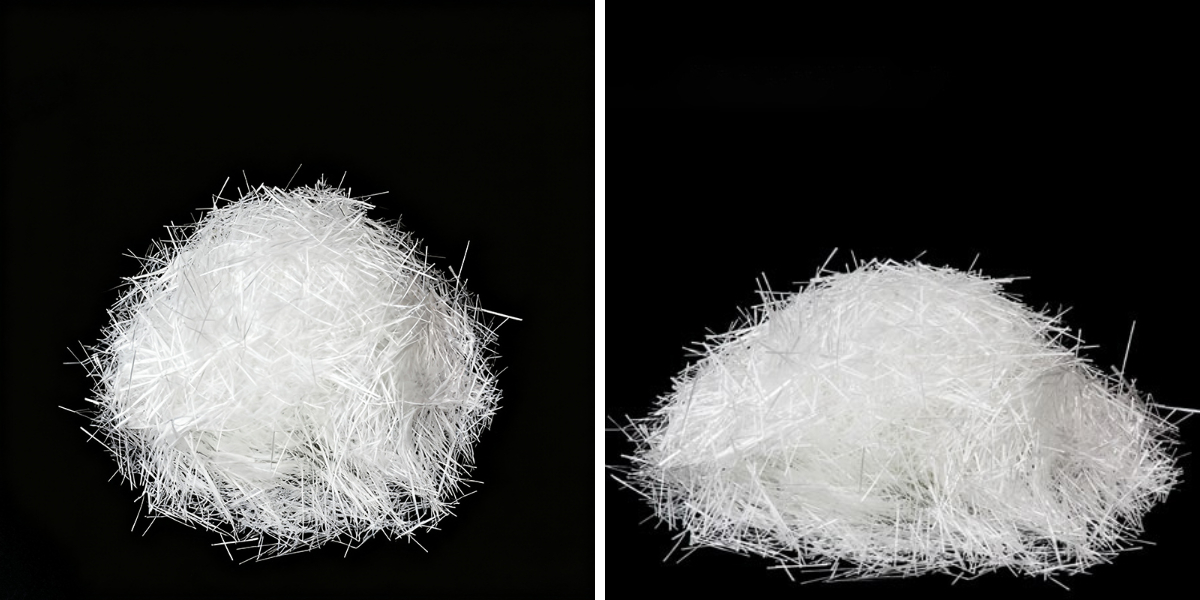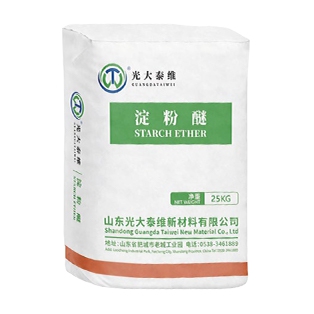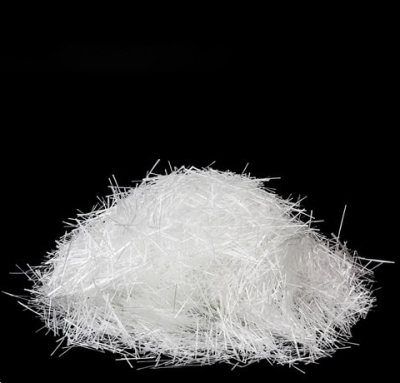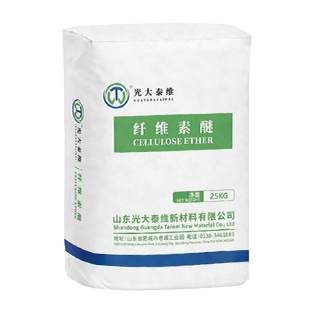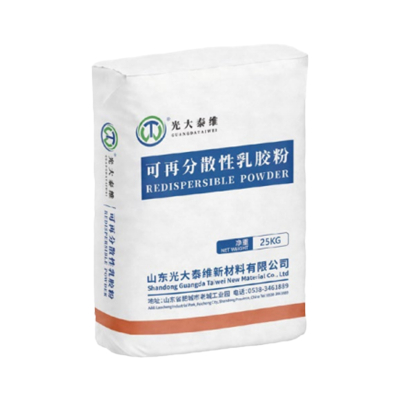PP Fiber
Lightweight
Polypropylene fibers are among the lightest synthetic fibers available.
Moisture-Repellent
They do not absorb water, making them ideal for applications requiring water resistance.
Chemical Resistance
PP fibers are chemically inert and resistant to acids, alkalis, and other organic solvents.
Durable
They offer excellent strength, resistance to abrasion, and withstand mechanical abuse.
Cost-Effective
Polypropylene is a widely available and relatively inexpensive plastic, contributing to the fiber's cost-efficiency.
Other Properties
They are also resistant to mildew, insects, fading, and staining, and can have good thermal insulation properties.
What is a polypropylene fiber?
Polypropylene fiber is a synthetic fiber derived from the versatile plastic polypropylene. It is a lightweight, durable, and moisture-repellent material valued for its chemical resistance and ability to control cracking in construction materials like concrete, mortar, and plaster. Polypropylene fibers are used to create woven and nonwoven fabrics for textiles, carpets, and industrial applications, and also serve as a reinforcement in cement-based products to enhance their structural integrity and lifespan.
Polypropylene fibers is made of 100% Polypropylene. Mainly added to cement, mortar. Micro pp fiber is designed to control plastic shrinkage and settlement cracking in concrete.
Fiber reinforced concrete can also present certain amazing benefits
Can enhance the compressive strength of concrete
Is a simple and rapid solution for reinforcement
Can be easily combined with fresh concrete and then used immediately
Plastic is non-corrosive and non-magnetic
Primary Applications
Construction:
Polypropylene fibers are added to cement-based materials to control plastic shrinkage cracks and increase the toughness and durability of concrete, mortar, and plaster.
Textiles:
They are used to produce a variety of fabrics, including carpets, upholstery, sportswear, and geotextiles.
Industrial:
Applications include ropes, sewing threads, artificial grass, and materials for pavement repair and roofing.
How PP Fibers Improve Concrete
Cracking Control: They reduce plastic shrinkage and settlement cracks by absorbing stresses from moisture loss and thermal changes.
Toughness and Ductility: The fibers create a network within the concrete, increasing its ability to deform and withstand heavy loads before failure, making the material behave in a ductile manner.
Chemical Resistance: PP fibers are highly resistant to acids, alkalis, and other chemicals, making them suitable for industrial and marine environments.
Moisture Resistance: Unlike some other materials, polypropylene fibers do not absorb water, which contributes to a dry concrete mass and resistance to moisture ingress.
Non-Corrosive: They do not rust, providing a durable alternative to steel reinforcement in corrosive conditions.
About us
Shandong Everbright Taiwei New Materials Co.,Ltd. is invested and built by Shandong Sailu New Material Co., Ltd., located in Feicheng City,Shandong Province.lt is a manufacturer of redispersible latex powder,hydroxypropyl methyl cellulose and hydroxypropyl starch ether integrating research and development, production and sales. The company focuses on the cutting-edge exploration and industrial application in the field of new materials, and is committed to providing high-performance and eco-friendly building material additive solutions for global customers.




